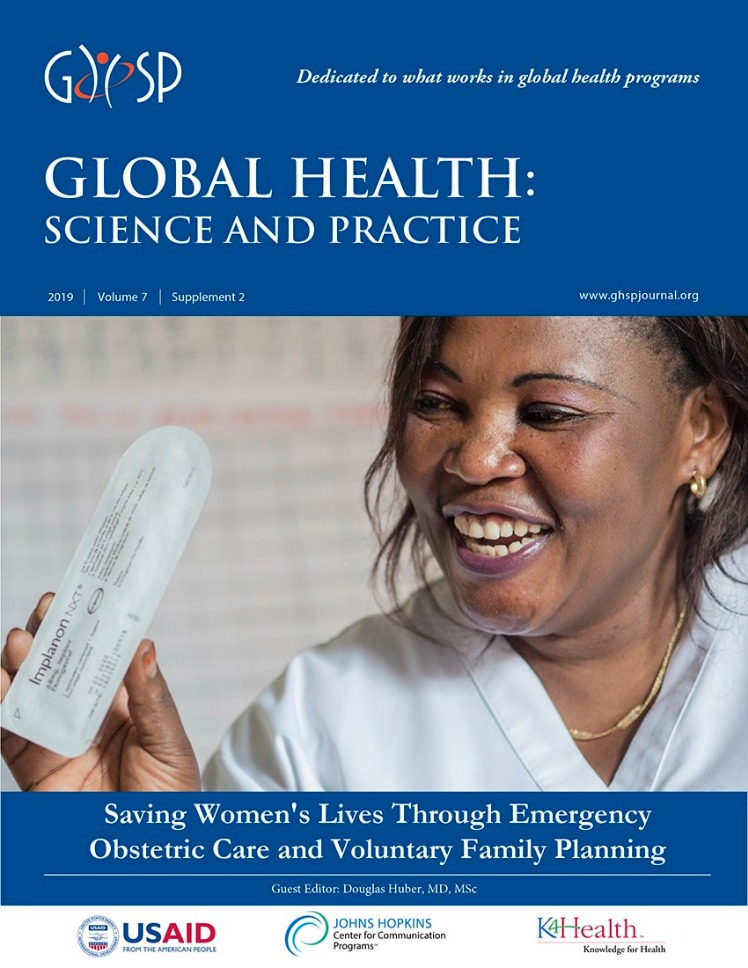In today’s fast-paced world, maintaining optimal health can be challenging. This is where supplements play a pivotal role. Whether it’s filling nutritional gaps or enhancing athletic performance, supplements have found a place in many people’s daily routines. This article delves into the multifaceted world of supplements and how they can be integral to a well-rounded health strategy.
Why Consider *Supplements*?
*Supplements* offer numerous benefits, especially when you are unable to get enough nutrients from your diet. Some of the main advantages include:
- Nutrient Fulfillment: They help fill in the nutrition gaps.
- Improved Immune Function: Certain vitamins, such as Vitamin C and Zinc, boost the immune system.
- Enhanced Athletic Performance: Supplements like protein powders and creatine can improve physical performance.
- Better Mental Health: Omega-3 fatty acids are known to support brain health.
Common Types of *Supplements*
There are various categories of supplements tailored to different health needs:
- Vitamins: These include Vitamin A, B-complex, C, D, E, and K.
- Minerals: Essential minerals such as calcium, magnesium, and iron.
- Herbal Supplements: Ginseng, garlic, and Echinacea are popular choices.
- Protein Supplements: Whey protein, casein protein, and plant-based proteins.
- Specialty Supplements: Omega-3 fatty acids, glucosamine, and probiotics.
Factors to Consider Before Taking *Supplements*
Before incorporating supplements into your regimen, consider the following factors:
- Consult a Healthcare Professional: Always seek medical advice before starting any supplement.
- Read Labels Carefully: Understand the dosage and ingredients.
- Avoid Overconsumption: More isn’t always better. Excessive intake can lead to toxicity.
- Expiration Dates: Always check the expiration date to ensure efficacy and safety.
Popular FAQs about *Supplements*
- Are supplements safe?
- When taken as directed and under medical supervision, most supplements are safe.
- Can supplements replace a healthy diet?
- No, supplements are designed to complement your diet, not replace it.
- How long does it take for supplements to work?
- The time frame varies depending on the supplement and individual factors like age, health status, and lifestyle.
Read more about Supplements here.
Conclusion
*Supplements* can be powerful allies in achieving and maintaining good health, but they should be used responsibly. By understanding the types, benefits, and usage guidelines, you can make informed decisions to enhance your well-being.
